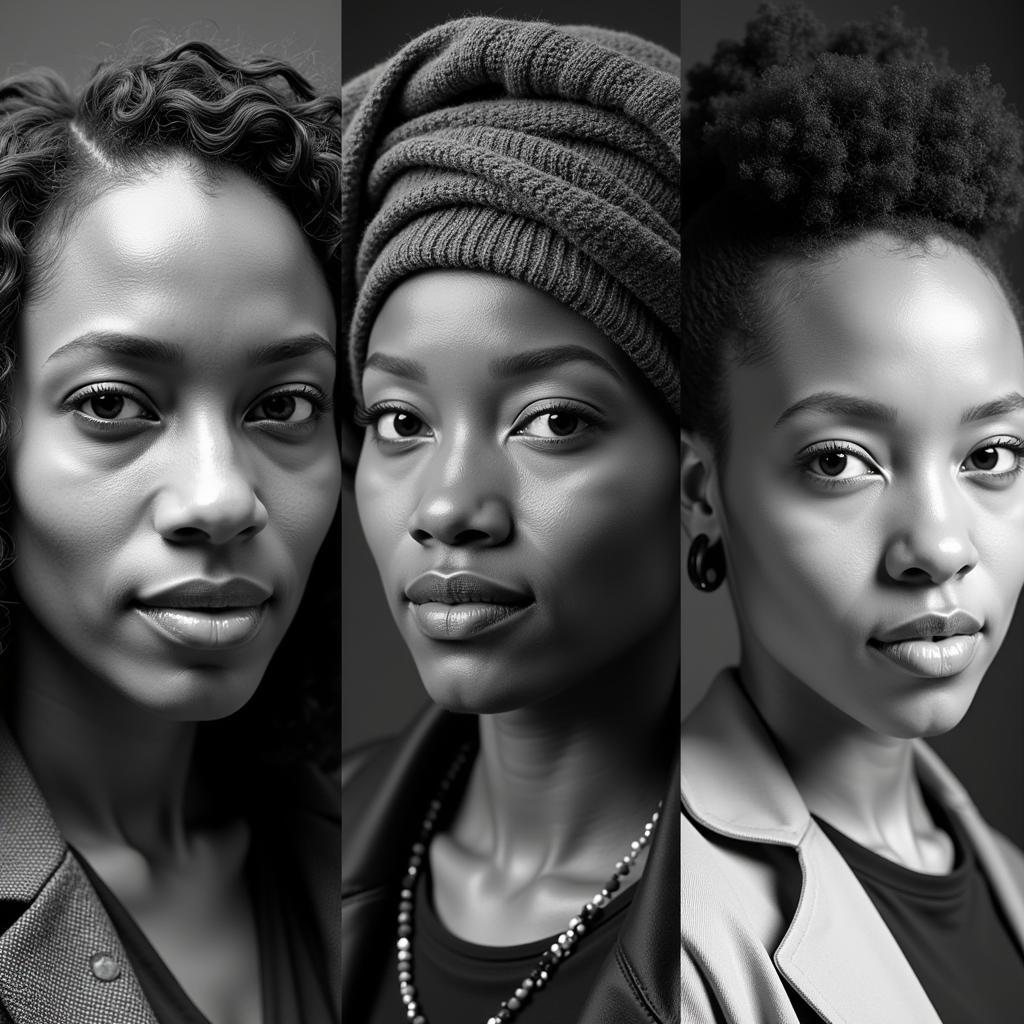Exploring the World of African Feminist Writers in French
African feminist writers have made invaluable contributions to literature, using their voices to challenge societal norms, explore gender roles, and shed light on the complexities of African womanhood. Within this rich tapestry, African Feminist Writers In French offer a unique perspective, drawing from their experiences within Francophone African societies and the legacy of colonialism. This article delves into the captivating world of these authors, examining their backgrounds, exploring their major themes, and celebrating their impact on both literature and society.
Unveiling the Francophone African Experience
Francophone African literature, born out of the colonial experience, carries within it the weight of history, the struggle for identity, and the quest for liberation. African feminist writers in French add another layer to this narrative, bringing to the forefront the often-silenced voices of women. They write about the challenges they face, the triumphs they celebrate, and their aspirations for a more just and equitable world. Their stories resonate not just within Africa but also across the globe, offering insights into the universal experiences of women while simultaneously showcasing the richness and diversity of African cultures.
Key Figures and Their Literary Landscapes
 Pioneering Francophone African Women Writers
Pioneering Francophone African Women Writers
Numerous talented writers have shaped the landscape of African feminist writing in French. Mariama Bâ, a Senegalese author, gained international recognition for her groundbreaking novel “So Long a Letter” (1981). The novel, written as an extended epistle, delves into the complexities of polygamy, women’s education, and the challenges of navigating tradition and modernity in post-colonial Senegal.
Aminata Sow Fall, another influential Senegalese writer, tackles themes of social justice, corruption, and the marginalization of women in her works. Her novel “The Beggars’ Strike” (1979) employs satire to critique power dynamics and advocate for the rights of the most vulnerable members of society.
Cameroonian author Calixthe Beyala, known for her bold and provocative style, explores themes of sexuality, race, and identity. Her novels often feature strong, independent female protagonists who challenge societal expectations and forge their own paths.
These writers, along with many others, have used their platforms to amplify women’s voices and contribute to a nuanced understanding of the African experience.
Navigating Patriarchy and Tradition
A recurring theme in the works of African feminist writers in French is the examination of patriarchal structures and traditional practices that perpetuate gender inequality. These writers challenge the status quo, questioning societal norms that limit women’s agency and autonomy.
They explore the impact of forced marriage, polygamy, female genital mutilation, and limited access to education and economic opportunities on women’s lives. Through their characters and narratives, these authors shed light on the systemic barriers women face and advocate for social change.
Colonial Legacies and the Quest for Identity
The impact of colonialism on African societies is another prominent theme explored by these writers. They examine how colonial policies and ideologies continue to influence gender relations, cultural practices, and perceptions of African womanhood. Their works often grapple with the complexities of navigating multiple cultural identities, embracing African traditions while also challenging patriarchal norms imposed or reinforced during the colonial era.
The Power of Storytelling and Social Change
African feminist writers in French recognize the power of storytelling as a tool for social change. Their narratives not only entertain and engage readers but also raise awareness about critical social issues. By giving voice to the marginalized and challenging societal norms, these writers contribute to a more just and equitable world. Their works inspire dialogue, encourage critical thinking, and empower individuals to question and challenge gender inequality in all its forms.
Conclusion
African feminist writers in French have carved out a unique space in the literary world, offering invaluable insights into the multifaceted experiences of African women. Through their captivating storytelling and unwavering commitment to social justice, they continue to challenge, inspire, and shape our understanding of gender, identity, and the human condition. By exploring their works, we embark on a journey of discovery, gaining a deeper appreciation for the richness and diversity of African cultures and the transformative power of literature.


